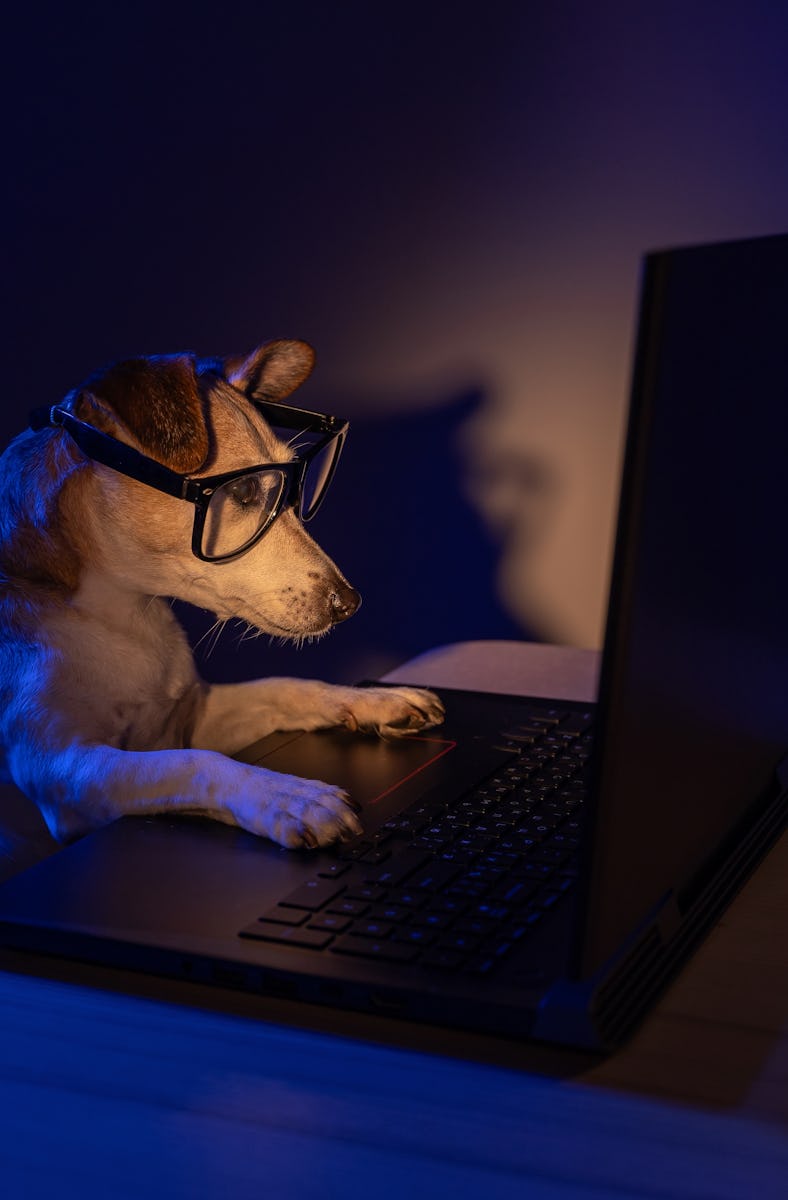Should I Leave the Lights on For My Pet? A Veterinarian Reveals the Unwanted Answer
There’s just something about leaving your beloved animals in a dark, empty house that feels wrong.

Growing up, I watched my mom always leave the lights on for our cat and dog whenever we left them home alone. She insisted she did this for their comfort, but my dad always said it was really for hers. There’s just something about leaving your beloved animals in a dark, empty house that feels wrong, but how do they actually fare?
Carly Fox, senior veterinarian at the Schwarzman Animal Medical Center in New York City, reveals whether our pets actually need the lights on when left to their own devices.
Should I keep the lights on for my pet?
Contrary to your impulse, your pet doesn’t need good lighting when alone.
“You can absolutely leave the lights off,” Fox writes to Inverse in an email. She does add that you should, however, leave the blinds or curtains open for your pet to get any natural light filtering through. While they don’t need a fully lighted room, there’s no reason to go out of your way to plunge them into total darkness.
Pets are also equipped for waning light. “Just like people, dogs are diurnal,” Fox writes. “That means they get the majority of their sleep at night and are most active during the day.” They take their cues from the changing light outside. Keeping a dog in constant brightness could actually impact them negatively, according to Fox.
Cats, on the other hand, are crepuscular, which means they’re most active at dawn and dusk while sleeping throughout the day. They also tend to be somewhat active at night, so darkness isn’t foreboding to them.
What’s most important, Fox writes, is “keeping things consistent if possible,” so as long as you’re not throwing the odd night rave or making your home into a cave for days at a time, your pet will be fine. She adds that pets do need natural sunlight during the day, and artificial light is no substitute.
How well does my pet see in the dark?
We know that our pets outperform us when it comes to senses like smell and hearing. Even if eyesight isn’t their forte, cats and dogs “see much better in the dark than people do,” Fox writes.
Both dogs and cats have abundant rods, the photoreceptor that picks up dim light, in their retinas. While they may lose out in the cones department, leaving them numb to about a third of the visible color spectrum, their stacked rods and superior night vision make up for it. Both types of fur babies also have a tapetum, which is a reflective layer in the back of the eye off which light bounces, allowing the retina to receive more light than is available. The tapetum is also the reason your cat or dog may look possessed in certain photos you take of it because light reflects off it.
Cats also have dilating pupils that can go from slits to marbles in a matter of seconds, letting them modify how much light their sensitive eyes take in. Fox also writes that cats have a more sensitive tapetum than dogs, as well as more rods.
Should I ever keep a light on for my pet?
As always, there’s flexibility with this recommendation.
“I would recommend leaving the lights on for pets who have compromised vision,” Fox writes. Whether they have an ocular or cognitive disease, light can help them navigate even with impaired vision. If they’re left in the dark without decent eyesight, they run the risk of bumping into furniture or falling down the stairs. Pets with cataracts or underlying ophthalmological disorders could benefit from some extra lighting, especially because the inability to see may cause anxiety.
Fox also recognizes that leaving pets alone in the dark could encourage destructive behavior, particularly in those with separation anxiety. “Perhaps it’s not the dark that is the problem for them, but rather what the dark signals,” she writes. Even if you’re simply going to bed, your pet may perceive this as abandonment, which speaks to larger behavioral issues that may need to be addressed.
Even if you get an ominous feeling looking at the outline of your dog sitting in a darkening house as you shut the door before leaving, know that your dog is looking back at you with a much clearer image.